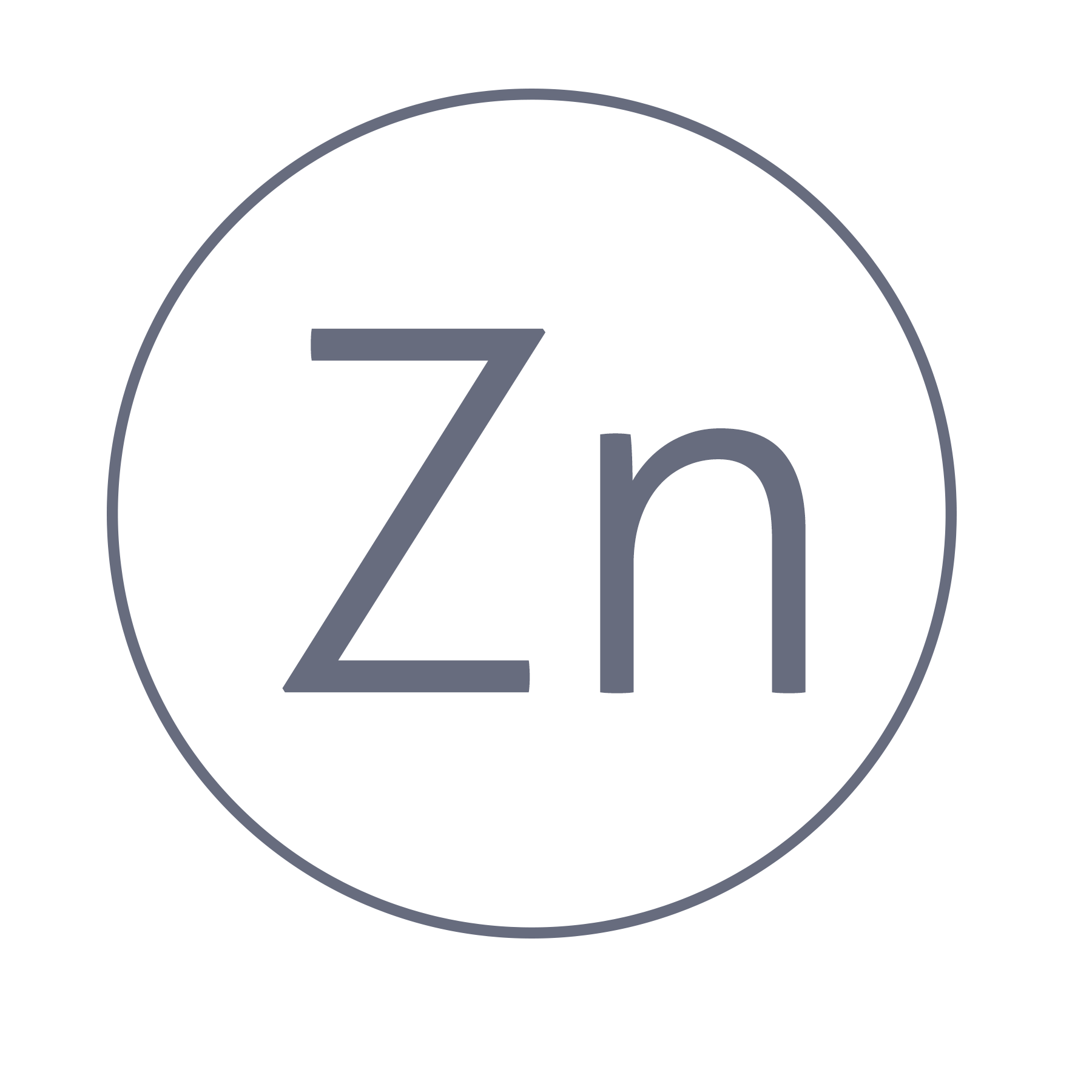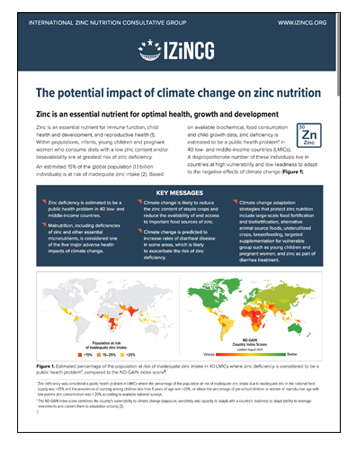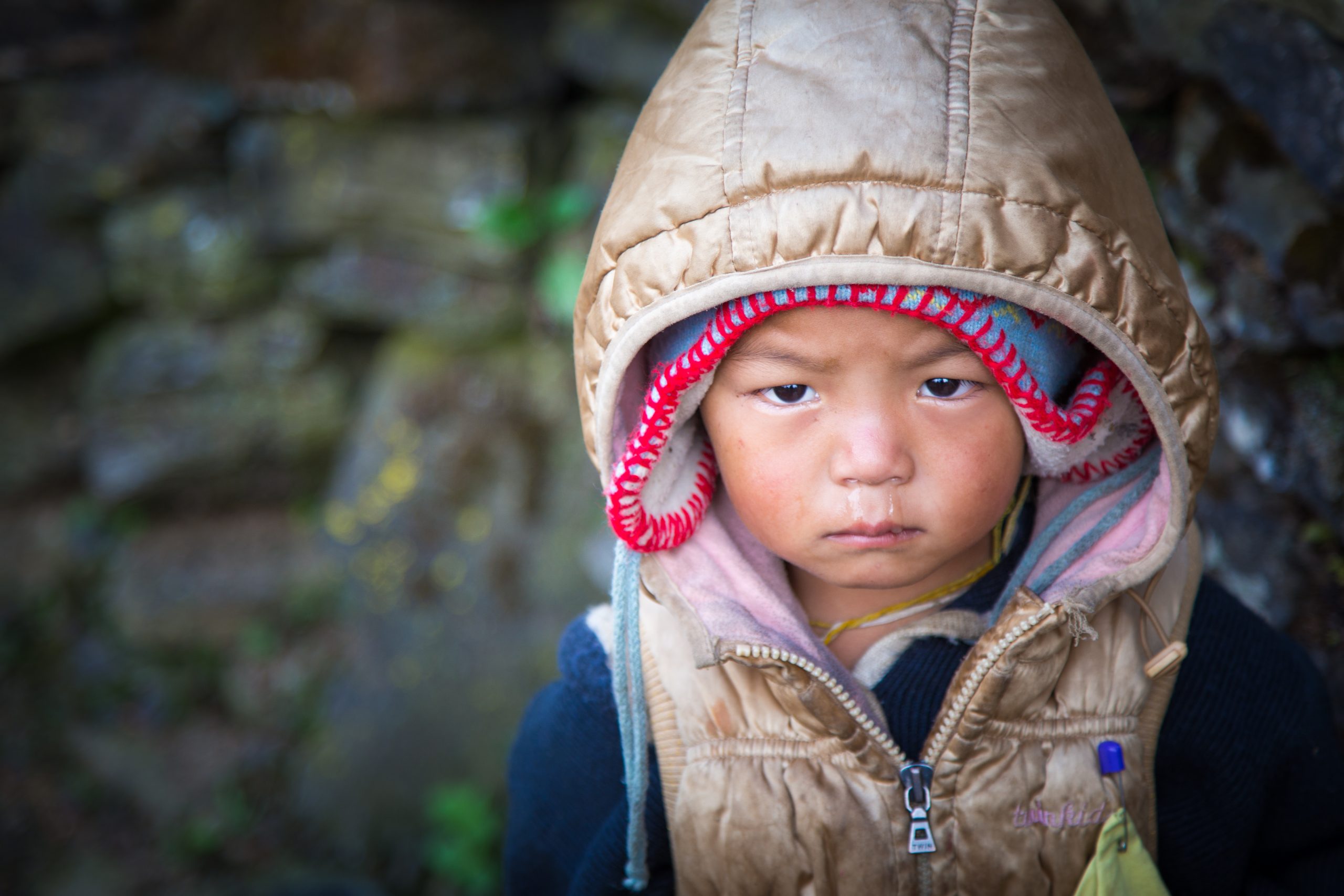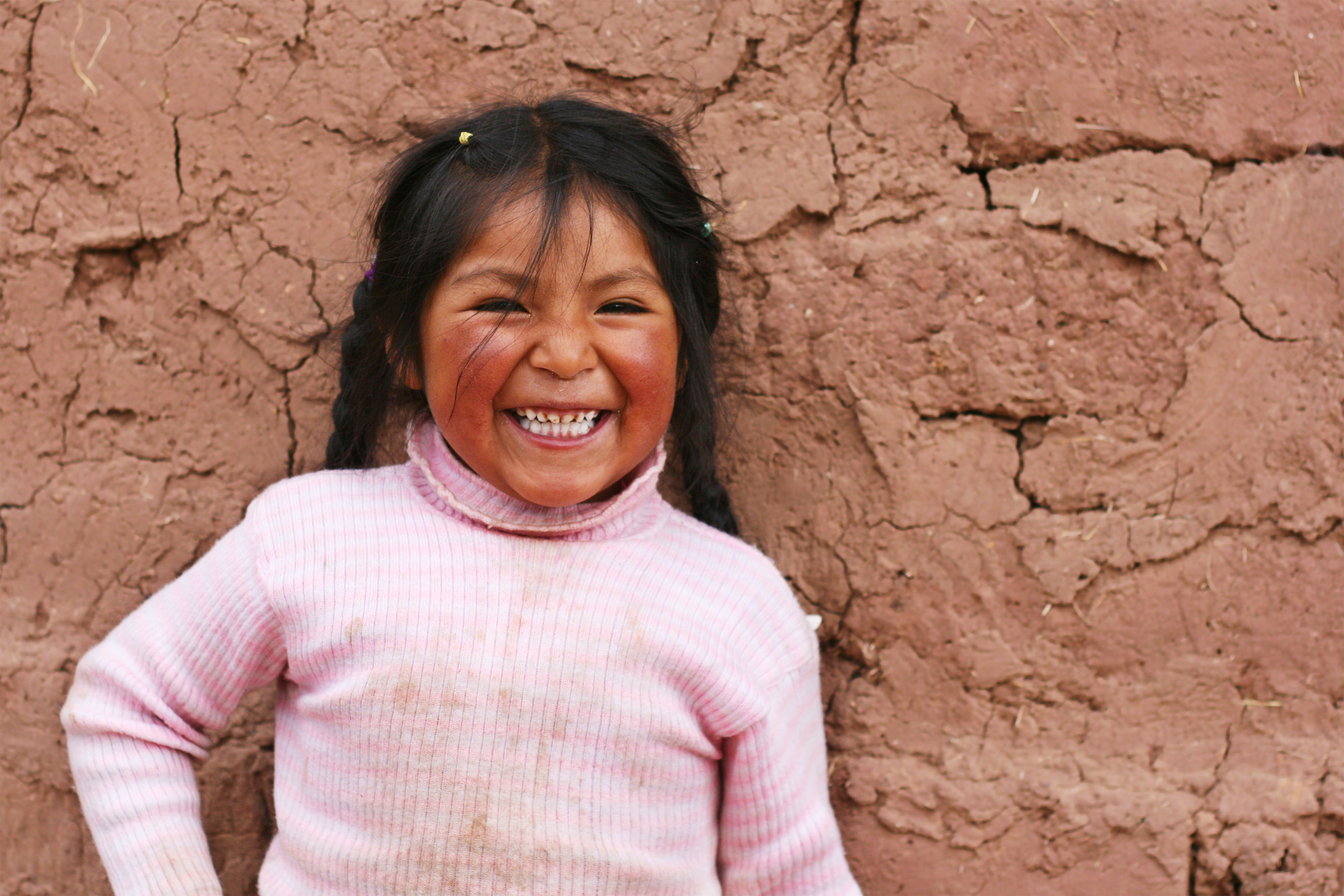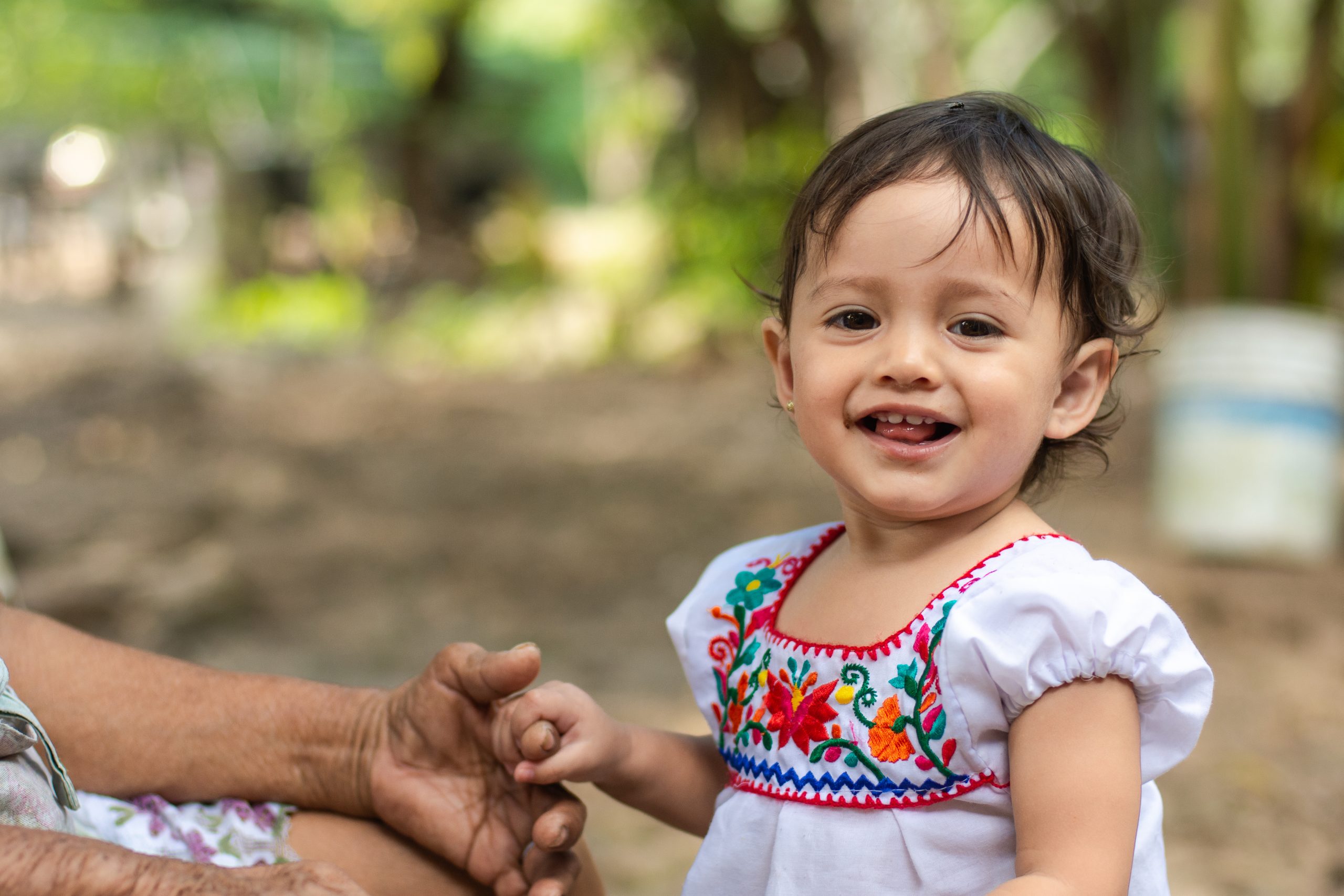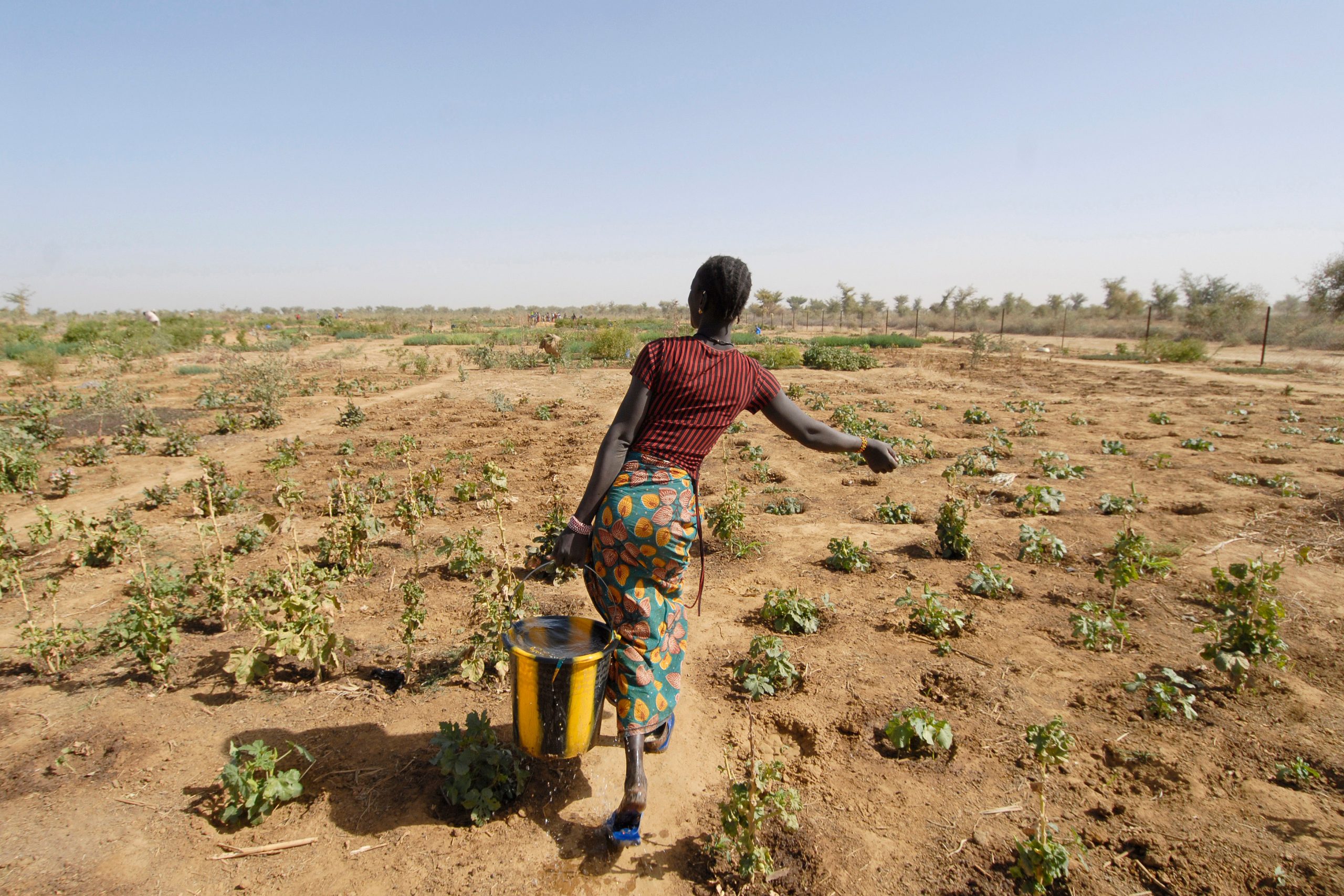Zinc Saves Kids
An initiative to enhance child survival, well-being, and development through access to zinc
The Zinc Saves Kids foundation supports zinc initiatives that promote supplementation, fortification and treatment programs to improve the survival, growth and development of young children.

Zinc & Health
Zinc deficiency poses a significant health problem in developing countries, especially among young children. Zinc deficiency weakens their immune system and leaves them vulnerable to diarrhea, pneumonia, and malaria. Diarrhea is one of the leading causes of death in children younger than five and claims the lives of more than 100,000 children per year. Zinc deficiency also has been linked to growth retardation (stunting) and impeded intellectual development affecting nearly 400 million children younger than five.
But there is hope. There are several high-impact, cost-effective solutions to zinc deficiency. Treatments of zinc tablets and oral re-hydration salts cost less than $0.50 and can save hundreds of thousands of lives every year. While zinc is crucial to the treatment of diarrhea, it also plays a significant role in preventing it and other health problems. Due to the role zinc can have in saving children’s lives, the United Nations named zinc a “life-saving commodity” (UN Commission Report, 2012).
The challenge isn’t producing more zinc; it is getting zinc to those who need it most. That requires educating health workers, mothers, and caregivers and advocating with the local government about zinc’s importance for human health. That’s why the zinc industry, through the Zinc Saves Kids Foundation, has supported initiatives with UNICEF and the International Zinc Nutrition Consultative Group (IZiNCG); community health programs in Burkina Faso, the Democratic Republic of the Congo (DRC), Honduras, and Senegal; and fundamental research to investigate linkages between zinc deficiency and autism biomarkers in mothers and infants.
By the Numbers
BILLION
The number of children and women of reproductive age worldwide who are not getting enough zinc through their diet
THOUSAND
The number of children estimated to die from zinc deficiency related issues annually
MILLION
The funding provided so far in support of the Zinc Saves Kids initiative
Our Programs
Supporting proven programs that promote the healthy development of children has always been a cornerstone of Zinc Saves Kids partnerships. Our programs encompass support for initiatives covering supplementation, food fortification, and treatment.
For over a decade, Zinc Saves Kids has supported UNICEF efforts to combat chronic malnutrition and diarrheal diseases in children under five years of age through national supplementation and education programs.
Similarly, enabling food fortification and micro-nutrient policies in vulnerable populations is supported through IZiNCG.
In addition, Zinc Save Kids has supported fundamental research led by Autismo ABP (Mexico) and Limerick University (Ireland) to investigate linkages between zinc deficiency and autism biomarkers in mothers and infants.
NEPAL
Zinc Saves Kids sponsored micro-nutrient pilot projects in six regions, with expansion to an additional nine regions. These projects significantly increased the provision of life-saving zinc treatment for diarrhea through the public health system. Funding also aided the Government of Nepal in launching a multi-sector nutrition plan aimed at scaling up micronutrient projects.
PERU
Zinc Saves Kids supported the successful implementation of diarrheal treatment using zinc. Health centers in seven regions provided oral rehydration salts + zinc to children suffering from acute diarrheal diseases. More than a million children benefited from zinc-containing multiple micronutrient powders strengthening their immune systems and enabling a healthy start in life.
MEXICO
Zinc Saves Kids supported Industrias Peñoles, Zinc Nacional, and UNICEF Mexico in sponsoring a clinical trial to prove the effectiveness of zinc in the treatment of diarrhea. Additionally, the project created a training and awareness campaign aimed at health professionals; the measurement of zinc serum levels; the evaluation of zinc fortification; and advocacy efforts.
IZiNCG
Zinc Saves Kids supports the mission of the International Zinc Nutrition Consultative Group to develop effective national-scale zinc intervention strategies. Activities have identified the effects of zinc fortification on zinc deficiency, barriers and enabling factors of effective zinc fortification programs, characterizing the ‘fortification gap’, and raising awareness of zinc fortification in national programs (Senegal, Burkina Faso, and Honduras).
Fundamental Research
Zinc Saves Kids partnered with the non-profit Autismo ABP in Mexico, and leading neurobehavioral researchers at Limerick University in Ireland, to investigate linkages between zinc deficiency and autism biomarkers in mothers and infants.
It Takes Little to Save A Child’s Life:
Each year, nearly 400 million children under the age of five are at risk of complications related to zinc deficiency. Those who survive may suffer lifelong repercussions from early childhood micronutrient deficiencies.
50 cents for a 10-14 day course of zinc tablets to treat acute diarrhea.
$5 donation will ensure a child receives adequate zinc nutrition for a year.
How Can You Help?
Individual and corporate fundraising activities benefiting the Zinc Saves Kids initiative offer unique opportunities to make a difference in the survival, growth and development of undernourished children around the world.
Donations will be used to fund initiatives that promote supplementation, fortification and treatment programs for young children who are most impacted by micronutrient deficiencies.
Frequently Asked Questions
What is the Zinc Saves Kids initiative?
The Zinc Saves Kids foundation supports zinc initiatives that promote supplementation, fortification, and treatment programs to improve young children’s survival, growth, and development. Zinc Saves Kids was launched in 2010 with the objective of increasing awareness of the global zinc deficiency issue. Our programs encompass support for initiatives covering supplementation, food fortification, and treatment.
What is zinc deficiency?
Zinc deficiency is a global health problem, mainly related to an inadequate intake of zinc supplied to the body through a diversified diet including meats and fish. However, these protein sources are often inaccessible to people in developing countries. Children are especially vulnerable to zinc deficiency. Zinc deficiency weakens their immune system making them incapable of fighting diarrhea and infections such as pneumonia. Zinc deficiency also leads to retarded growth and development and stunting with life-long impacts on health and societal productivity.
Can zinc deficiency be treated?
Yes, zinc deficiency is preventable. A lack of adequate zinc in the daily diet can be corrected through the provision of zinc supplements. A 10-14 day course of 20mg zinc tablets in combination with Oral Rehydration Salts can stop diarrhea and prevent further episodes for two to three months. Zinc supplementation is also linked to reducing the duration and severity of common cold. The costs to address acute diarrheal diseases treatment are as low as 50 US cents per application. Zinc-containing multiple micro-nutrient powders are also used to prevent and combat malnutrition through local education and health systems. The annual costs per child amount to 5 US$. A few extra milligrams of zinc every day can make a huge difference and are a quick, easy, effective, and inexpensive remedy.
What is the time frame of the Zinc Saves Kids initiative?
IZA considers the fight against global zinc deficiency a long-term commitment.
How is Zinc Saves Kids implemented on the ground?
Zinc Saves Kids supports initiatives that are proven and addressing practical health solutions. Our programs are translating the best science and practices to improve access to zinc for children and women through national and international policy changes.
Can I make a donation to this initiative?
Yes. We welcome your donation as a private individual, community, company, and/or NGO. Every cent will help save lives. Donations can be made by wire transfer, credit card, or cheque. Please get in touch with ZincSavesKids@zinc.org.
Is my donation to Zinc Saves Kids tax-deductable?
Zinc Saves Kids is a recognized 501(c)3 charitable Foundation established in the United States of America. Donations made to Zinc Saves Kids are fully tax-deductible. Donations made from other parts of the world are unfortunately not tax-deductible.
Where will the money that I donate go?
Zinc Saves Kids boasts a lifetime overhead rate of only 5%. Essentially all money donated to Zinc Saves Kids goes directly towards programs.
What is the International Zinc Association and why is it involved in this particular initiative?
The International Zinc Association (IZA) provides global leadership, coordination, and value on strategic issues for the zinc industry, including market development, license to operate, communications, and sustainability. IZA is a non-profit organization representing the global zinc industry by supporting and advancing zinc products and markets through research, development, technology transfer and communicating the unique attributes that make zinc sustainable and essential for life.
IZA has been active for over 30 years in advancing research on zinc’s importance for health and nutrition. It is involved in numerous corporate social responsibility commitments with the zinc industry, including the launch of Zinc Saves Kids in 2010.
Is the zinc industry making money from the sale of zinc supplements?
No. The market for zinc to address deficiency through supplementation, fortification, or treatment approaches, while important, is minuscule relative to the global zinc market. All donations represent philanthropic commitments towards improving the survival, health and development of young children.
